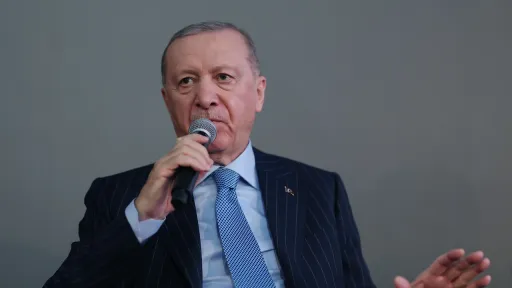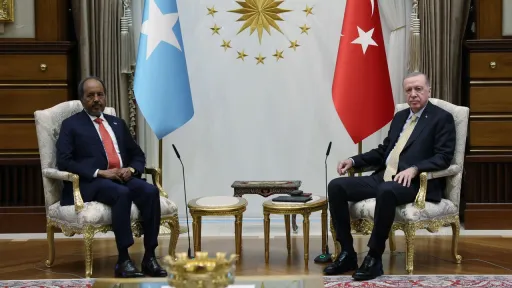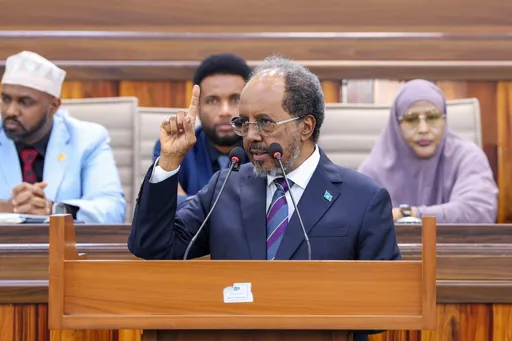Haiti's National Library was looted on Wednesday by armed gangs terrorising the Caribbean nation's capital Port-au-Prince amid extended political paralysis, its director told AFP.
Dangelo Neard said the history of Haiti – the Western Hemisphere's second-oldest republic – was being threatened.
"I was told that the thugs are taking away the institution's furniture. They also ransacked the building's generator," Neard said.
"Our documentary collections are in danger. We have rare documents over 200 years old, with importance to our heritage, which risk being burned or damaged by bandits," he added.
Attacks
Armed groups control most of Port-au-Prince and swathes of countryside in the absence of a functioning government and continued delays in establishing a promised transitional authority.
After several days of diminishing violence, attacks picked up again in several neighbourhoods of Port-au-Prince from Monday.
The attack on the National Library comes after assaults last week on two universities, the Ecole Normale Superieure and the National School of Arts.
That same week, two healthcare facilities and ten pharmacies were looted, the UN's humanitarian office said on Wednesday, while the remaining hospitals are facing increasing strain.
'Determined'
The country's embattled national police said in a statement on Tuesday that they were "determined and committed to restoring order and peace."
Haiti has been rocked by a surge in violence since February, when its powerful criminal gangs teamed up to attack police stations, prisons, the airport and the seaport.
They are seeking to oust Prime Minister Ariel Henry, who has been in power since the assassination of President Jovenel Moise in 2021.
The country has no sitting parliament, with its last election in 2016.
PM's resignation
The country has also been wracked for decades by poverty, natural disasters, political instability and gang violence, with Moise's assassination setting off months of spiraling insecurity even before February's clashes.
Unelected and unpopular, Henry announced March 11 he would step down as part of an internationally brokered plan to make way for a so-called transitional council.
But weeks later, the council has yet to be officially formed and installed amid disagreement among the political parties and other stakeholders due to name the next prime minister – and because of doubts over the very legality of such a council.
"We spent two and a half years with Ariel Henry who did nothing, and now in two weeks we want to do a lot of things," council member Leslie Voltaire told AFP.
He also blamed regional body CARICOM for rushing the formation of the council, though he said it would be stood up by Thursday and would elect a prime minister within a week.
➤ Click here to follow our WhatsApp channel for more stories.
























